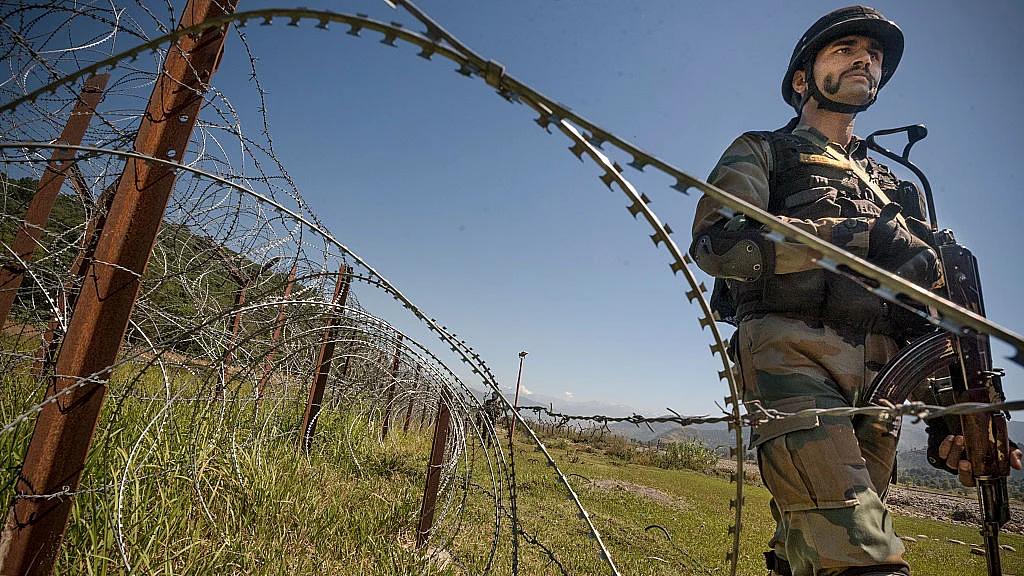Army pledges retaliation after jawans killed on LoC
Turkish President Erdogan’s visit to New Delhi was on Monday eclipsed by reports that two Indian jawans, one from the army and another from BSF, were killed and mutilated on the LoC

The day after Pakistan’s army chief General Qamar Javed Bajwa visited the Line of Control in the Haji Pir sector, Indian Army claimed that two jawans were killed and mutilated by the Pakistan army. A statement from Indian Army’s northern command said, “In an unsoldierly act by the Pakistan Army, the bodies of two of our soldiers in the patrol were mutilated. Such despicable act of Pakistan Army will be appropriately responded.”
India and Pakistan had agreed to a ceasefire on the Line of Control (LoC), the de facto border, in 2003. The ceasefire, however, has come under increasing strain over the last few years with India and Pakistan periodically accusing each other of ceasefire violations.
The Indian army, which had claimed to have carried out a surgical strike inside Pakistan, declared that it would respond appropriately while military veterans on TV channels pontificated on ‘revenge’.
The war of words took place even as Kashmir remained on the boil and students came out in Pulwama to pelt stones on security forces. It also came on a day when New Delhi was hosting visiting Turkish President Recep Tayyip Erdogan, who on arrival in New Delhi on Sunday had promised mediation between India and Pakistan for a lasting solution in Kashmir.
Meanwhile, Pakistani newspaper Dawn reporting on the visit of General Bajwa quoted him as saying, “ Indian propaganda regarding presence of miscreants along the Line of Control is aimed at spreading unrest in Azad Jammu and Kashmir, but it will never succeed,” he said during a visit to AJK’s Neelum valley”
On the Indian side of the LoC, meanwhile, Rising Kashmir, published from Srinagar reported that the Government’s ban on social networking sites was proving to be ineffective. “Since the government imposed social media ban on 22 popular networking sites like Facebook, Twitter, and WhatsApp, the tech-savvy youth have switched to use of Virtual Private Networks (VPN) and Remote Desktop Protocols (RDP) to surpass the limitations set up by the government over the internet,” it reported.
In yet another report, the newspaper elaborated that young Kashmiris have been developing applications to overcome the ban by the government. “Young Kashmiri developers are launching alternative Kashmir-centric social networks like Pipe, Connect Kashmir, KashmirChat as the government is busy implementing the month-long social media ban over 22 social networking sites and applications.”
Follow us on: Facebook, Twitter, Google News, Instagram
Join our official telegram channel (@nationalherald) and stay updated with the latest headlines
